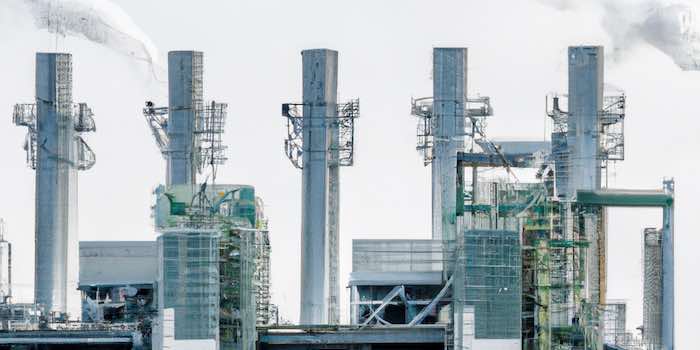By Frontier Centre for Public Policy ——Bio and Archives--October 31, 2023
Global Warming-Energy-Environment | CFP Comments | Reader Friendly | Subscribe | Email Us

The Climate Apocalypse alarmists look more than a little discredited with their claims of solar and wind energy reliability and low cost, global warming escalation, and more frequent extreme weather events. Their ultimate threat of the imminent death of all life on earth, solely from human-generated carbon dioxide-based warming, is implausible. These are extravagant exaggerations, at best. It is overdue to re-examine the very energy source that is the subject of the fiercest ire: coal.
Coal is the cheapest of all energy sources on a full-cost basis – not the bogus reliability and dispatchability-evading ’levelized cost’ that omits those crucial factors. Coal is flexible to electrical demand fluctuations and is the most globally abundant fuel. General Electric, ironically a big player in the describes the promising, commercially-available High Efficiency Low Emission coal technology, ‘HELE‘ for short:
From its website:
“The International Energy Agency [IEA] predicts that coal will generate more electricity in 2040 than all new renewable technologies (excluding hydro) combined. The IEA World Energy Outlook, published in late 2016 forecasts, that 730 gigawatts (GW) of new, higher-efficiency, lower-emissions (HELE) coal plants will be built by 2040, much of this in developing countries.”
[Indeed, most new coal-fired plants will be built in non-Western nations, mainly because of all the anti-coal bile in most Western nations. Incidentally, 730 GW is enough to power one billion middle income nation people.]
“Figures from the World Coal Association, a keen advocate of HELE, show that the average efficiency of coal-fired power plants around the world today is 33 percent..…Techniques include supercritical and ultracritical technology, integrated gasification combined cycle (IGCC), and fluidized bed combustion…State-of-the-art ultra-supercritical (USC) coal plants are achieving efficiencies of 45 percent. … advanced USC plants with 50 percent efficiency could be realized by the end of the decade. Development of alternative power cycles such as IGCC or fuel cells may make further impacts on this efficiency barrier possible.”
The IEA and other bodies project that the vast majority of new energy supply will come from coal-fired plants, with nuclear a distant second. Solar, wind, and other renewables are escalating, but are still a relatively small proportion of overall supply. This is mainly because of the vast areas required and the high cost of either energy storage – batteries, usually – or baseload power required to make them at least tolerably semi-reliable.
Coal is energy-dense, subsidy-free, uses proven technology, and is cheaply transported by existing railways, rather than having to build new pipelines or high voltage power lines. Other positive aspects of coal are that it is abundant in non-hostile nations, and where there is existing shipping capacity (available to export it to customers in friendly countries). Reliance on dubious petro-regimes in Russiaand the Middle East that prioritize their own interests has proven to be foolish.
Canadian, American, and even European energy use has little impact on greenhouse gas emissions, being an insignificant part of the atmosphere. Demonization of CO2, the plant-nourishing, life-giving gas, and vilification of that which produces it, coal, clouds judgment.
Natural gas, nuclear energy, oil and, yes, coal, all have roles to play in keeping humanity heated, cooled, transported, powered, fed, and prosperous – until fusion or other new technologies become viable.
Ian Madsen is the Senior Policy Analyst at the Frontier Centre for Public Policy
View Comments
The Frontier Centre for Public Policy (FCPP) is an independent Canadian public policy think tank. Founded in Winnipeg in 1997, the Frontier Centre received charitable status in 1999 and currently has offices in Alberta, Saskatchewan and Manitoba.
Our research aims to analyze current affairs and public policies and develop effective and meaningful ideas for good governance and reform. We provide a platform for public debate and engage with the public through our numerous publications and events.